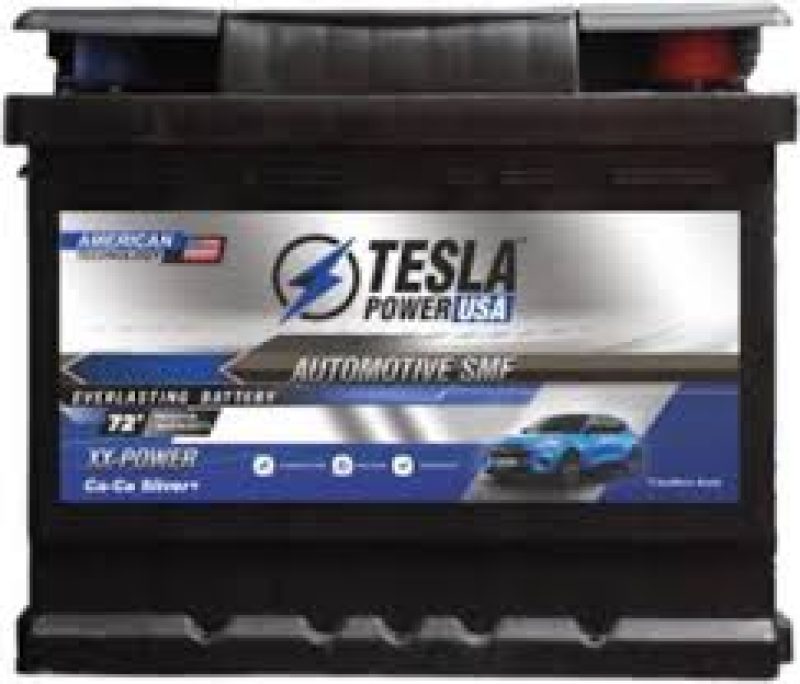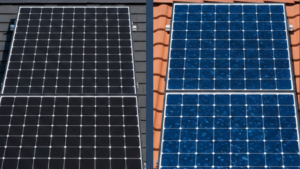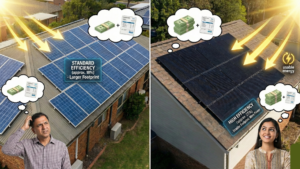Homeowners use lithium-ion solar batteries for energy storage in their homes. It is because of their long life and minimal maintenance requirements. Lithium solar batteries cost between $12,000 and $20,000 to install.
The battery can store excess solar energy. It will be used wherever when paired with solar panels.
How do lithium-ion batteries work as home storage?
Lithium batteries are rechargeable energy storage solutions. You can pair a solar energy system with it to store power, or install it alone.
Pairing a battery with solar will give you the value for money even when if you don’t have access to net metering.
How much do lithium-ion solar batteries cost?
Lithium-ion solar batteries with installations ranging from $10,000 for a simple single-battery solution, to well over $30,000 for whole-home backup.
Popular lithium-ion solar battery brands
| Battery | Price | Storage Capacity | Warranty |
|---|---|---|---|
| Enphase IQ 5P | $6,250 | 5 kWh | 15 years |
| Panasonic EverVolt | $9,900 | 9 kWh | 12 years |
| Tesla Powerwall 3 | $8,400 | 13.5 kWh | 10 years |
| LG Energy Solution RESU Prime | $16,000 | 16 kWh | 10 years |
| Canadian Solar EP Cube | $9,400 | 9.9 kWh | 10 years |
What are the pros and cons of lithium-ion solar batteries?
Advantages
- High depth of discharge
- Long lifespan
- High energy density
- High efficiency
- Little maintenance
Disadvantages
- High cost
- Thermal runaway
Types of lithium-ion batteries
There are two main types of lithium-ion batteries; nickel manganese cobalt (NMC) and lithium iron phosphate (LFP).
An NMC battery is a type of lithium-ion battery that has a cathod made of a combination of nickel manganese and cobalt.
Lithium irone phosphate (LiFePO4) is used to make the cathodes in LFP batteries.
How recycling is done?
We do not effectively extract all key metals using current recycling methods. However, by liquefying or dissolving them in acid, we retrieve the desired metal.
What makes recycling lithium-ion batteries a challenge?
The current recycling methods do not effectively extract all key metals.
Recycling lithium and other metals from batteries for reuse is a more environmental and sustainable alternative than mining new lithium, which emits a high amount of CO2.
Discovering a way to reuse all the metals within old batteries will help meet supply needs.







